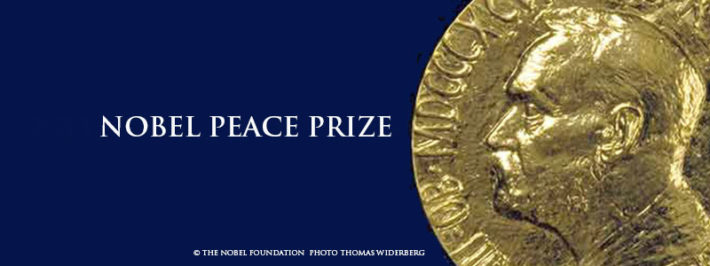By Vaibhav Manocha (COE, Batch of 2016)
Chronological order of “peace making” events during this year:
February 2014- For the first time in decades a European
border was redrawn by force. Unmarked soldiers took control of Ukrainian territory of Crimea which Russia later annexed.
March 2014– Worlds newest country South Sudan collapsed into a civil war that seemed inevitable since the beginning resulting in displacement of 1,000,000 people within South Sudan leave aside those who fled the country fearing their lives.
April 2014– Boko Haram kidnapped 276 female students out of which 50 escaped and rest were sold for slavery. A total of 650,000 people have been displaced in North Nigeria.
June 2014– Islamic group Islamic State of Iraq and Levant declared the formation of Islamic State (IS) with Abu Bakr al-Baghdadi as caliphate after killing 150,000 civilians.
July 2014-Over 2,000 civilians died in Gaza and Israel, the latest in a recurring cycle of violence in which both the sides seem increasing different to casualties and fail to recognize their own long term interests.
August 2014– Ebola outbreak in three West African countries. Not less than 4,000 people already dead.
September 2014-Hong Kong uses tear gas,truncheons and douses unarmed protesters in pepper spray demanding democracy.
After all these events, the Norwegian Nobel Committee decided to jointly bestow the Nobel Peace Prize to child right’s activist Kailash Satyarthi and education activist Malala Yousafza for their “constant struggle against suppression of children and young people”.
This year the committee should have best served its mission by giving the prize to the person who most deserves it: nobody. By doing so the committee would have brought to notice that how violent this year had been around the world. More importantly it would have served as an acknowledgment that the most notable violence have been so grimly predictable, the result of years of individual and collective failures by governments and international institutes.
The Norwegian Nobel Committee has made some bad calls in the past and over this there’s also not much evidence to suggest that the prize does anything to promote peace. The Nobel Prize’s media spotlight gives the committee the opportunity to highlight the major issues like climate change in 2007, women empowerment in 2011 and elimination of chemical weapons recently.
Mo Ibrahim Prize for Achievement in African Leadership, the world’s most generous prize given to individuals, has simply not been granted in three years of the six years it has existed because no suitable candidate was found. This has served the prize’s goal better than watering down the criteria. The committee should have followed them and decided not to present award for this year. Nobel Peace Prize was not awarded on 19 occasions, including for the most of the duration of the two world wars.
If the committee really wanted to send a powerful message to world leaders after not-so-peaceful year, there’s only one way to do so: By giving the most famous award to the most deserving person, Nobody.


